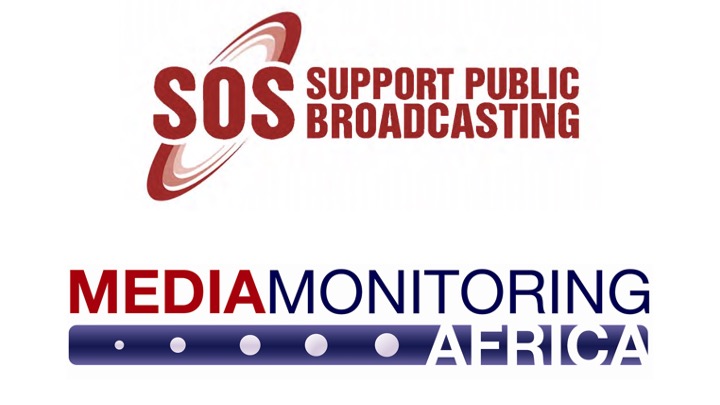SOS Thanks AAA Entertainment for a loan.
September 27, 2019
Covid-19 ICT Regulations: Local Content Quotas
May 11, 2020Digital Migration: The train has left the station!
The SOS Coalition is dismayed to hear that Parliament’s Portfolio Committee on Communications has “raised a concern regarding the slow pace in the implementation of the Broadcasting Digital Migration (BDM) policy by the Department of Communications.[1]” The Department was outlining its plan to implement the broadcasting digital migration (BDM) programme in South Africa.
The committee’s alleged “shock” at learning that South Africa missed the ITU digital migration deadline five years ago is what is shocking. Its calls for an accelerated timeline offer is also far too little, far too late. The Committee should have been playing a more active oversight role over the years to ensure that the digital switchover from analogue to digital broadcasting was implemented. The entities who share different responsibilities in the migration process all report to the Parliamentary Committee and should have been kept on track, regardless of Ministerial and Parliamentary member changes that have occurred over the years.
The Department told the committee that it would begin distributing digital set-top boxes and fast-track the digital migration project near the end of 2020. We have very little reason to be optimistic because every Communications minister before Ms. Ndabeni-Abrahams has promised to deliver digital migration and failed. The last being Minister Mokonyane, who had promised full migration of the Free State province by the end of December 2018, and the ministers before her had made similar promises. On the strength of those empty promises, parliament approved the annual budget of the department, but failed to hold the minister and officials accountable whenever they reported to parliament on the progress, or lack thereof, against set pre-determined objectives. This despite numerous reports from the Auditor-General highlighting these failures to deliver and the massive amounts of unauthorised, irregular and fruitless and wasteful expenditure, year, after year, after year since at least 2010.
The only thing we know for sure about South Africa’s digital migration process is that it has been fraught with non-accountability. From the Set Top Box disasters, all the way to the non-implementation of BDM policy, there has been little action and no accountability for those who keep thwarting the process.
Where are we now?
Among other historical challenges, such as the encryption debate, technical specifications, external stakeholder management challenges, the department has cited “household migration to digital is the final remaining hurdle to conclude BDM.” This is, frankly, laughable.
Meanwhile, out of approximately 4.7 million qualifying households, only 1,109,965 have registered for digital migration subsidies and only 511 368 have had their digital decoders installed. This means 598 597 are yet to receive the decoders they have registered for and nearly 3,2 households are currently not covered by the subsidy. The Department said it requires “alternate funding models to cater for the remaining estimated 3.2 million indigent households”. This despite billions having been allocated to the department, with the SIU still investigating corruption in the project from 2009. Digital television transmission is currently active, with full terrestrial coverage of 88% of TV households and satellite covering the entire country. This means that the signal is available for 88% of households with a digitally-enabled TV set, SENTECH has made sure of this from before 2015, but no-one can access the signal because they do not have the necessary decoder. So the lights are on but no-one can see.
South
Africa’s 4IR ambitions will remain pipe dreams for as long as our government
drags its feet on digital migration; freeing up spectrum is the first step in
that direction. The government has for the past twenty years spent countless
billions on creating a policy environment. What is needed now is action and implementing
those policies conducive for the levels of development and innovation that will
help us take advantage of the fourth industrial (r)evolution.
[1] https://www.gov.za/speeches/parliament-calls-acceleration-implementation-broadcasting-digital-migration-4-feb-2020-0000
